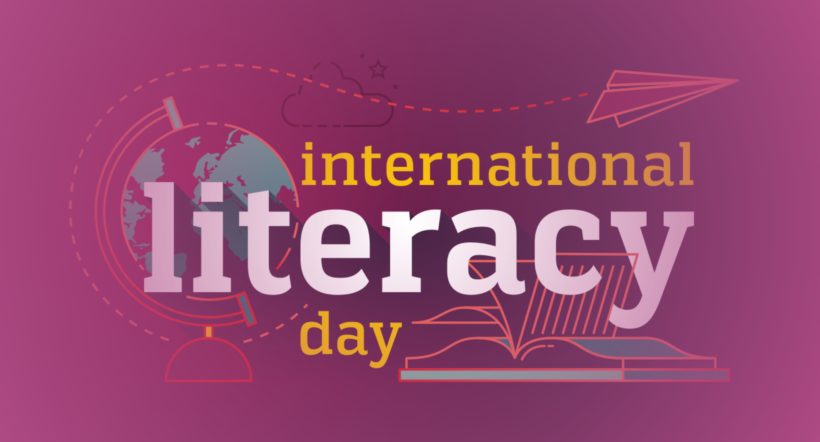The World Literacy Day is a reminder for societies about what it has done to spread literacy amongst society. It is well known that poor literacy is an inhibitor of career mobility, access to good health, gender equity and overall well being. In the last 53 years, having a day for literacy on calendar has helped policy makers to visit the literacy indicators and systematically address this issue. Various countries have grown leaps and bounds on overall literacy indicators, India being one success story. Our overall literacy level jumped from 30% in 1966 to 77.7% now, with male literacy rate at 84.7% and female literacy rate at 70%. Whilst this a great news, the unequal spread in making India literate is visible in inter-state disparity with Kerala reporting 96% literacy and Andhra Pradesh struggling at 66%.
This poses the question have we done enough?
At 23% illiteracy, we have more 300 million illiterate people in India and disproportionate amount amongst these are women.
Further, the measurement of literacy has been problematic. Some societies count adults as literates only if they have attended schools upto a certain grade and some societies interviewers present a written sentence to the respondent and judge whether they read it aloud correctly. In many cases however the respondents are simply asked to assert whether they are literate or not, or sometimes the question may quote the UNESCO definition (‘Can you read and write, with understanding, a simple sentence relating to your daily life?’ Yes/No), or variations on this theme.
India considers any person aged seven and above having the ability to read and write is considered literate. However, every year ASER (Annual Status of Education Report) brings out the hard reality of Indian education which is illustrative. More than 25% Class 8th students cannot read Class 2nd stuff or more than 55% Class 8th students cannot solve division problems. This points to a serious malaise in the education system.
In nutshell, we are left with a literacy index which has little bearing with the core purpose of World Literacy Day. It is time that we re-wire the metric or change the goal to educational attainment based index which is a better indicator of inclusive and equitable economic development.
– Sanjeeva Shivesh, Founder & CEO, The Entrepreneurship School
Sanjeeva Shivesh is a former civil servant, strategy consultant, fund manager and serial entrepreneur. He started The Entrepreneurship School in 2013. He actively nurtures and mentors budding entrepreneurs and many of his protégés have successfully launched their own enterprises in recent years. He is also a Member of Entrepreneurship Skills Council of NSDC.










